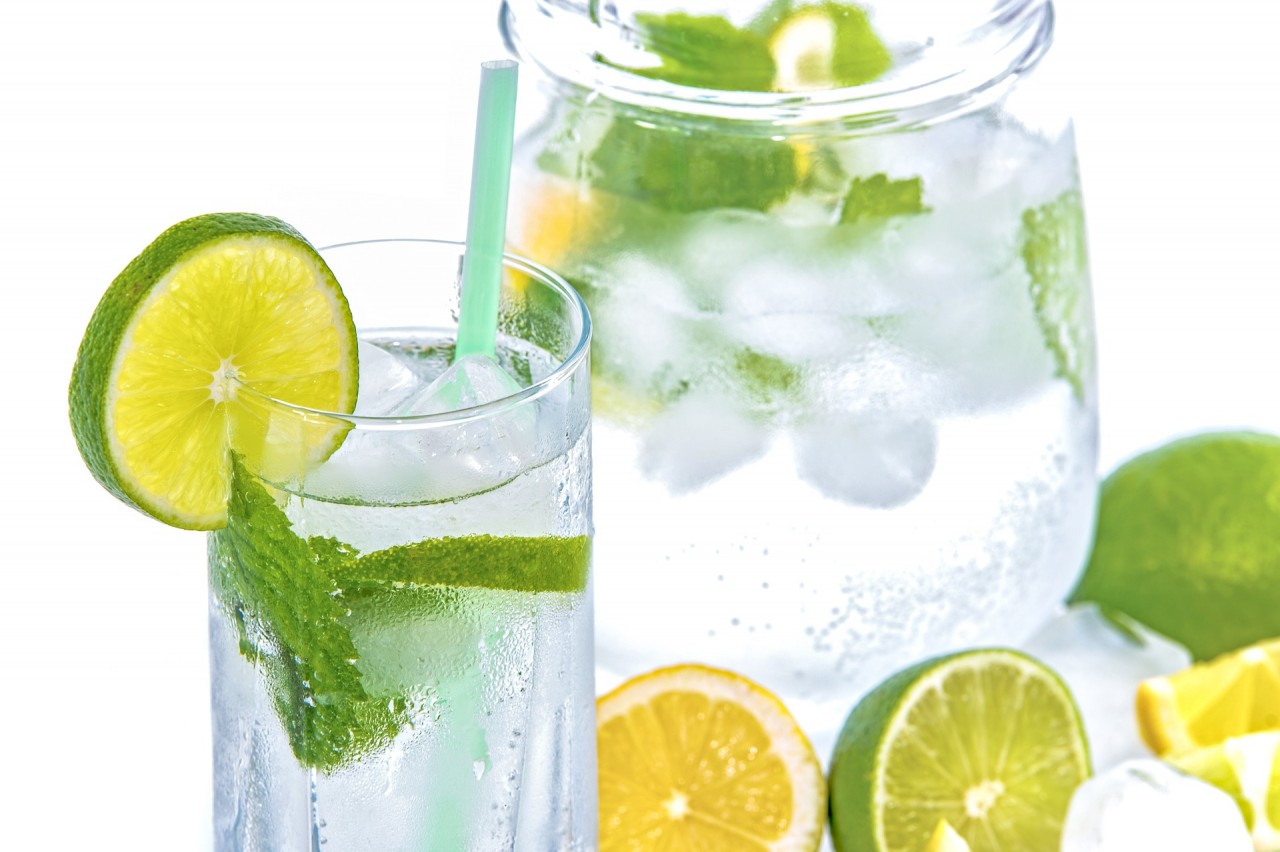Search
press Enter to search and ESC to close.
Why Hydration for the Elderly is So Important

Water is vital to life, no matter how old we. As humans, our bodies are made of 60% water. Our various organs (heart, brain, kidneys and skin) are also composed of mostly water. Even our bones are 31% water!
We know that hydration is important during the warmer summer months. This is especially vital to the elderly population because their body water content is lower. This is a natural part of aging, but it also means their risk of dehydration is increased. And that also means complications from dehydration can have more serious consequences.
What Water Does for Us
- Helps deliver oxygen throughout our bodies
- Flushes out waste (mainly urine)
- Our brains use it to manufacture hormones and neurotransmitters
- Forms saliva
- Helps cells to reproduce and thrive
- Lubricates joints
- Regulates body temperature
- Converts food to components our bodies need for survival
- Acts as a shock absorber for our brain and spinal cord
Everyone needs a certain amount of water each day to perform these basic functions. As we move through our day, we lose water through sweating, using the bathroom and even breathing. When the mercury is high, we lose those fluids even faster. And seniors, who already have a lower water content, are more at risk for dehydration than younger adults and kids.
Dehydration in the Elderly
Elderly people have a harder time regulating their body temperature. They also are more likely to have medical conditions, and thereby taking prescription medications, that may inhibit their ability to regulate their temperature. The heat of summer only exacerbates this.
Some seniors may not realize or notice that they are becoming dehydrated until it is too late. Without enough fluid intake, seniors can become more prone to dizziness and thus falls due to a lack of balance.
Seniors also experience a diminished thirst reflex (a natural part of aging) so their bodies aren’t necessarily sending the right signals to tell them to hydrate. As we age, our kidneys’ ability to function and retain water when we are dehydrated is reduced, so problems are compounded and can cause serious medical concerns.
Signs of dehydration can include headaches, flushing or redness in the face and feelings of hunger. Dehydration can make a person feel fatigued or even nauseous. Because our brains are 73% water, without enough fluids, our brain function can be affected. Focus, concentration and memory are diminished when you do not consume enough water.
Dehydration is also linked to infection, so ensuring that elderly loved ones consume enough water is critically important to keep them healthy and out of the hospital.
How to Stay Hydrated
The general rule of thumb is to drink 8 glasses of water a day. Easier said than done, especially since life moves so quickly and it’s an easy thing to forget. If you are a caregiver or have an elderly neighbor, you will want to add hydration checks as part of your daily routine.
A person who is dehydrated may not express if they feel ill, or may not realize that lack of water is what is causing them to feel sick. If you notice your loved one seems unusually confused or cranky, dehydration may be the culprit. Often the body does not signal the need for fluids until it is already dehydrated.
Here are a few tips to help everyone stay hydrated and healthy:
- Keep a bottle or glass of water with you as you move through your day. Having water in easy reach will make it easier to drink more during the day.
- When you take medication, even just an aspirin, take it with a full glass of water.
- Set a reminder on your phone or clock to do a regular check on how much water you are drinking. There are apps specifically for water consumption!
- Infuse your water with herbs or fruit. There are endless combinations of recipes you can create to make your beverage interesting.
- Fruits and vegetables are also great sources of water. Delicious foods that are particularly water dense include watermelon, celery, apples and pears.
If you have questions about senior hydration or are concerned about a senior loved one during the summer months, please consult the nursing team at The Villas Senior Care Community. Call us today to schedule a tour or learn more about the services we provide to the Sherman and Springfield communities.
